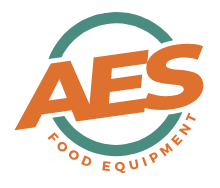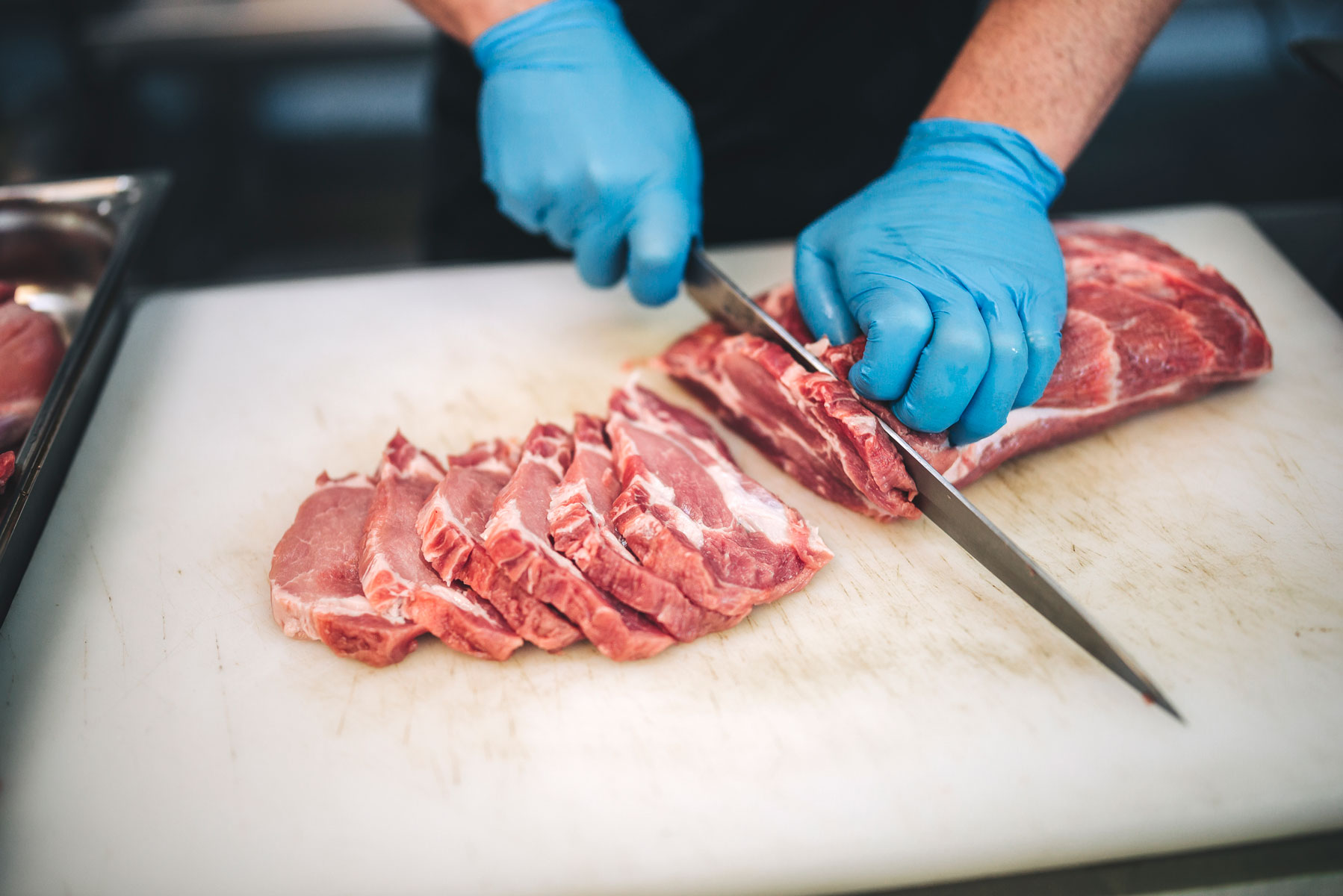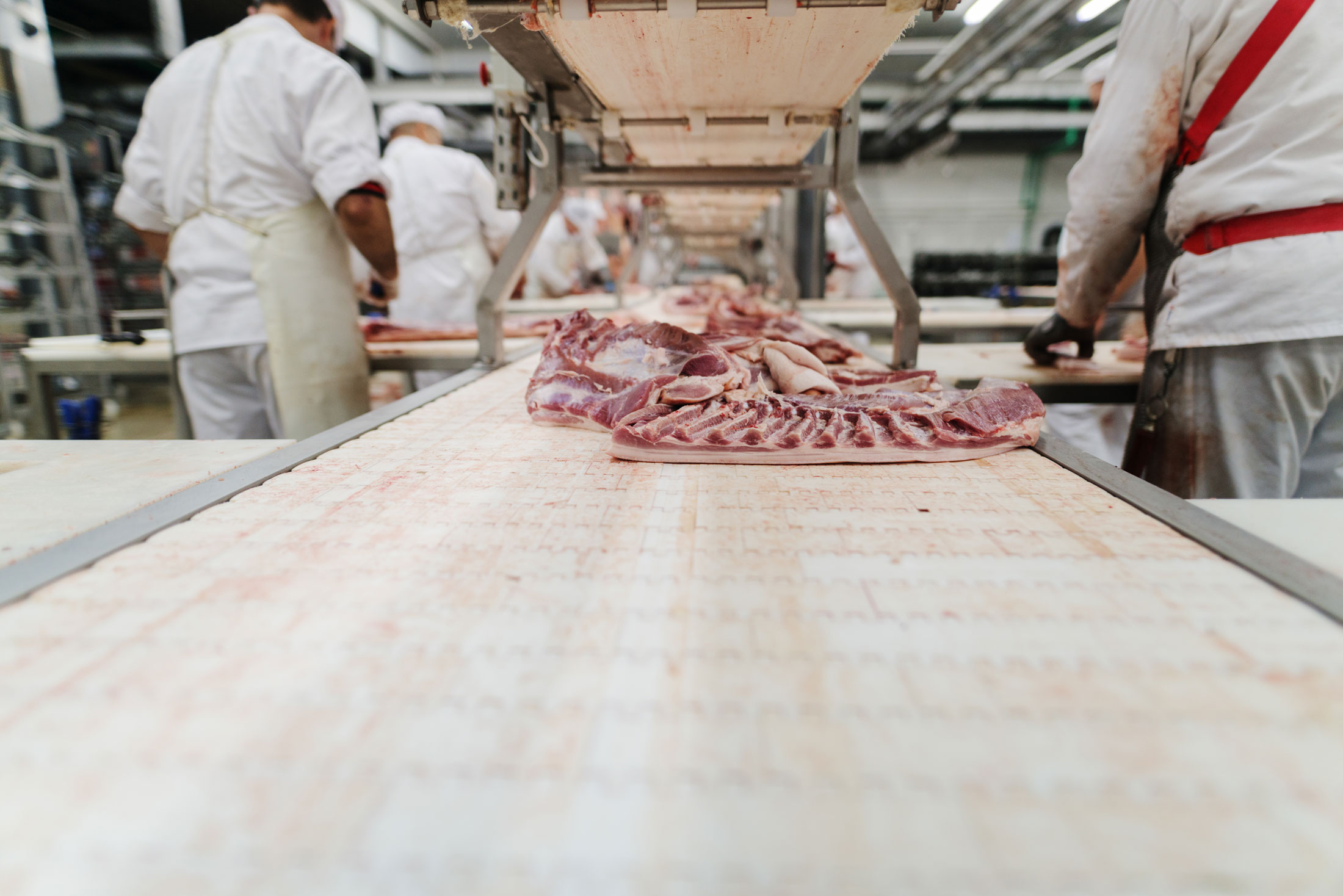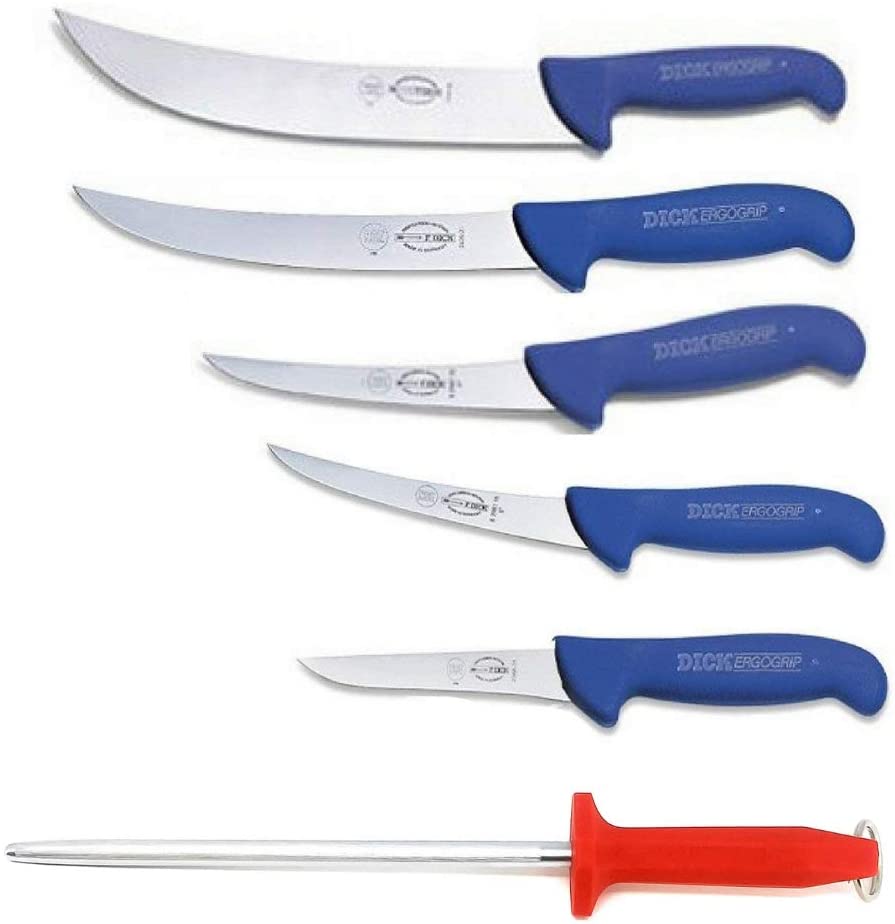How Butcher Knives Impact Efficiency and Safety in the Butchery Industry
In the butchery industry, the butchery equipment you use makes all the difference. Butcher knives are not just about precision and craftsmanship; they directly affect efficiency, safety, and the overall quality of meat processing. Whether you’re preparing cuts for sale, managing a high-volume operation, or running a smaller butchery, investing in the right set of knives - and butchery equipment in general - is essential for optimal performance.
The Importance of Choosing the Right Butcher Knife
Butcher knives come in various shapes, sizes, and designs, each serving a specific purpose in the meat processing process. From boning and filleting to chopping and trimming, each knife is designed to handle a different aspect of butchery work. Choosing the right butchers knife for the task at hand can greatly improve the efficiency of your operation and ensure that the job is done right every time.
A sharp, well-maintained knife reduces the time it takes to prepare meat, improving workflow and overall productivity. But more than just a time-saver, the right knife also enhances safety by reducing the likelihood of slips, strains, and injuries that are common when using the wrong tools or dull blades.
Key Knives Every Butcher Needs
- Boning Knife
A flexible blade with a pointed tip designed to remove bones from meat with precision. A good boning knife is an essential tool for any butcher, as it helps maximise meat yield and ensure clean cuts. - Cleaver
A large, heavy-duty knife used for chopping through bone and dense meat sections. A cleaver helps speed up cutting and ensures that you can handle tough jobs with ease. - Filleting Knife
This knife’s flexible, thin blade is perfect for separating delicate fish or poultry fillets from the bone. Its sharpness and flexibility ensure clean cuts and less waste. - Chopping Knife
A wide, sturdy knife ideal for chopping large pieces of meat. This is often used in high-volume environments where speed is crucial. - Trimming Knife
Smaller and more agile, trimming knives are designed for removing excess fat and silver skin. These knives help improve the overall presentation and quality of meat cuts.
Enhancing Safety with Quality Butcher Knives
While knives are essential tools in the butchery industry, they also pose a significant safety risk if not used properly. Dull blades or the wrong knife for the job increase the likelihood of accidents, as butchers may need to exert more force or use improper techniques to make cuts.
Investing in high-quality butcher knives ensures that your staff can work safely and efficiently. The right knife provides better control, reducing the need for excessive force, and giving butchers the ability to make precise cuts with ease. Additionally, proper maintenance of knives, such as regular sharpening and cleaning, helps maintain safety and prolongs the life of the knives.
How Knife Maintenance Contributes to Efficiency and Safety
A sharp knife is a safe knife. When butcher knives become dull, they require more effort to use, increasing the risk of slipping and causing injury. Regular sharpening not only ensures clean, precise cuts but also reduces the risk of accidents that occur when using a blunt blade.
Proper maintenance doesn’t just improve safety—it also boosts efficiency. A sharp knife will cut through meat more easily and quickly, reducing processing time and allowing for smoother workflows. This means more cuts, more sales, and less time spent on each job, ultimately improving profitability.
The Cost of Using Subpar Butcher Knives
Opting for cheap or low-quality butcher knives may save money upfront, but the long-term costs can be significant. A dull, poorly designed knife will not only slow down your work but also increase the chances of injuries, resulting in lost productivity, potential worker compensation claims, and lower product quality.
On the other hand, investing in high-quality knives ensures consistent performance, fewer accidents, and a more efficient butchery process overall. Quality knives are made from durable materials that hold an edge longer, meaning less time spent on maintenance and more time spent cutting meat.
Conclusion
In the fast-paced world of butchery, the right butchers equipment can make all the difference. Butcher knives are not just tools—they’re essential to the speed, safety, and quality of your operation. Whether you’re a small independent butcher or a large-scale meat processor, investing in high-quality knives tailored to your needs will improve both efficiency and safety.
AES Food Equipment offers a comprehensive range of professional butcher knives, ensuring that you have the right tool for the job. From boning knives to cleavers, our selection of knives is designed to help you improve your workflow and produce high-quality meat cuts every time. Explore our collection and discover how the right tools can transform your business.



